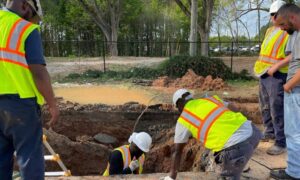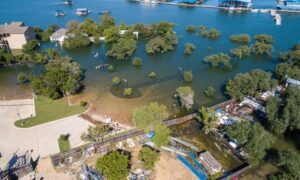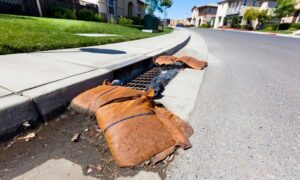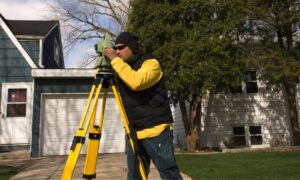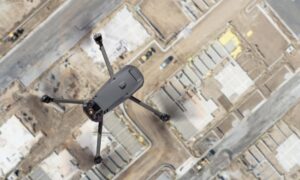Inheriting land in a growing city like Jacksonville, Florida, can come with surprises—especially if your family planted trees or used nearby vacant land for years. Maybe you’ve got orange trees growing just over the property line, and now the neighbor’s lot has been sold. Do you still have a right to those trees? The first step in answering that is getting a boundary survey. It shows exactly where your land ends, helping you understand what’s legally yours and what isn’t.
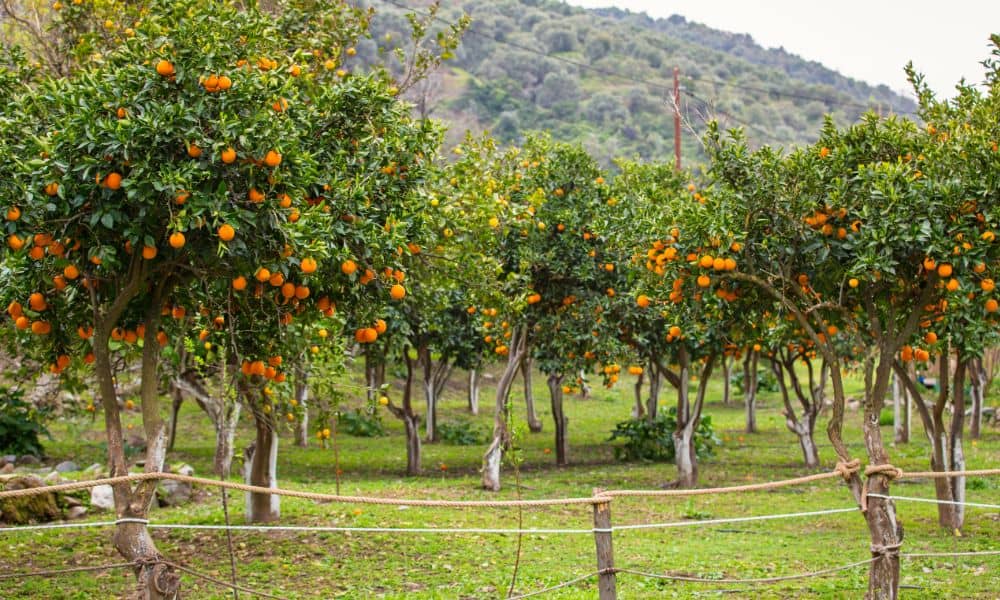
What Is a Boundary Survey and Why Does It Matter?
A boundary survey is a professional service conducted by a licensed land surveyor to clearly define the legal property lines of a parcel. In cities like Jacksonville — where old property lines, inherited titles, and unrecorded changes are common — a boundary survey protects your land rights.
In cases like the orange tree dispute, a boundary survey:
- Shows exactly where your property ends
- Identifies if the trees were planted on your land or not
- Offers legal documentation to support your claim
Without it, disputes can turn into legal headaches — especially when structures or landscaping cross over property lines.
Can You Claim the Trees Through Use?
Many property owners in Jacksonville assume that using land for a long time — even planting trees — gives them legal rights over it. That’s not always true.
Florida law considers something called adverse possession, but it has strict requirements, including:
- Clear, open, and continuous use for at least 7 years
- Payment of property taxes
- No legal dispute during that time
Just planting trees without officially claiming the land or paying taxes won’t give you ownership. A boundary survey will clarify if the land was ever yours to begin with.
What Happens If the Trees Are on the Neighbor’s Property?
If the boundary survey confirms the orange trees are on the neighbor’s lot:
- The trees legally belong to the new owner
- You may be asked to remove them
- Or, the neighbor could keep or cut them down
Even if your family planted and cared for the trees for years, ownership follows the land — not the planter.
Can You Still Harvest the Fruit?
In most cases, no. If the trees are on the neighbor’s property, you don’t have the right to harvest the fruit without their permission. Doing so could be considered trespassing or even theft, depending on how the situation escalates.
If you want to keep harvesting the oranges, your best option is to:
- Talk to the new owner and see if they’re open to a shared-use agreement
- Document any informal agreement in writing to avoid misunderstandings
But keep in mind: the neighbor has no obligation to let you access or harvest from the trees — even if you planted them. That’s why confirming land boundaries early can help prevent frustration later.
Real Estate, Inheritance, and Fences: Why Jacksonville Needs Boundary Surveys
Jacksonville is growing, and with growth comes more land development, sales, and disputes. Many family-owned parcels haven’t been surveyed in years. Fences, trees, and sheds often end up on the wrong side of the line — not intentionally, but because no one checked.
A boundary survey can:
- Prevent future conflicts
- Help resolve existing disputes without going to court
- Protect your land’s value during a sale
When Should You Get a Boundary Survey?
- You’ve inherited property and aren’t sure where the lines are
- You’re planning to sell land that’s been in the family for years
- A neighbor is building or claiming land near your property
- You’ve planted or built close to an assumed boundary line
Final Thoughts
Don’t wait for a dispute to happen. Whether the land has been in your family for generations or you’ve recently inherited it, getting a survey is the best way to protect inherited property from boundary issues. It’s a simple step that saves time, money, and legal stress down the line.
If you’re in a situation like the orange tree scenario, don’t rely on memory or assumptions. Talk to a licensed boundary surveyor in Jacksonville to know exactly where you stand — literally.
